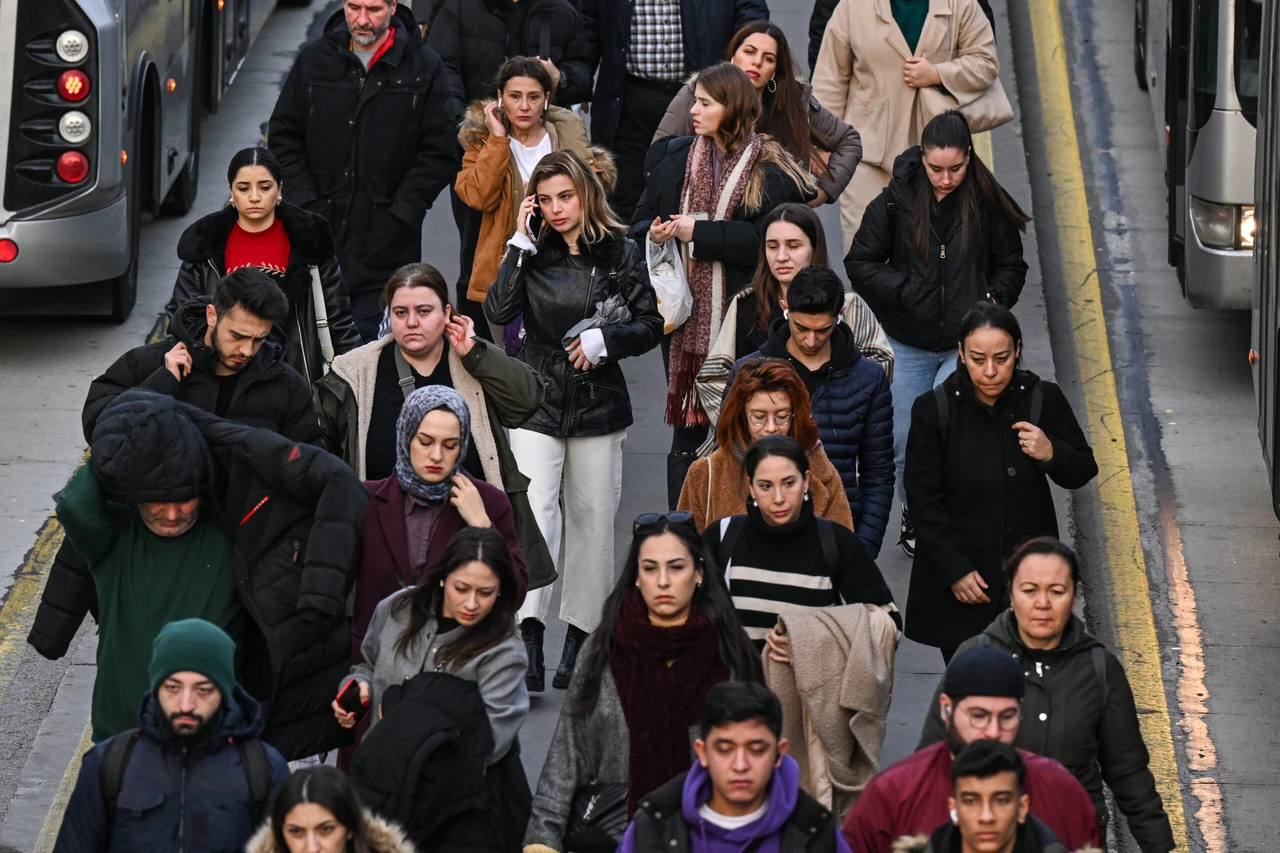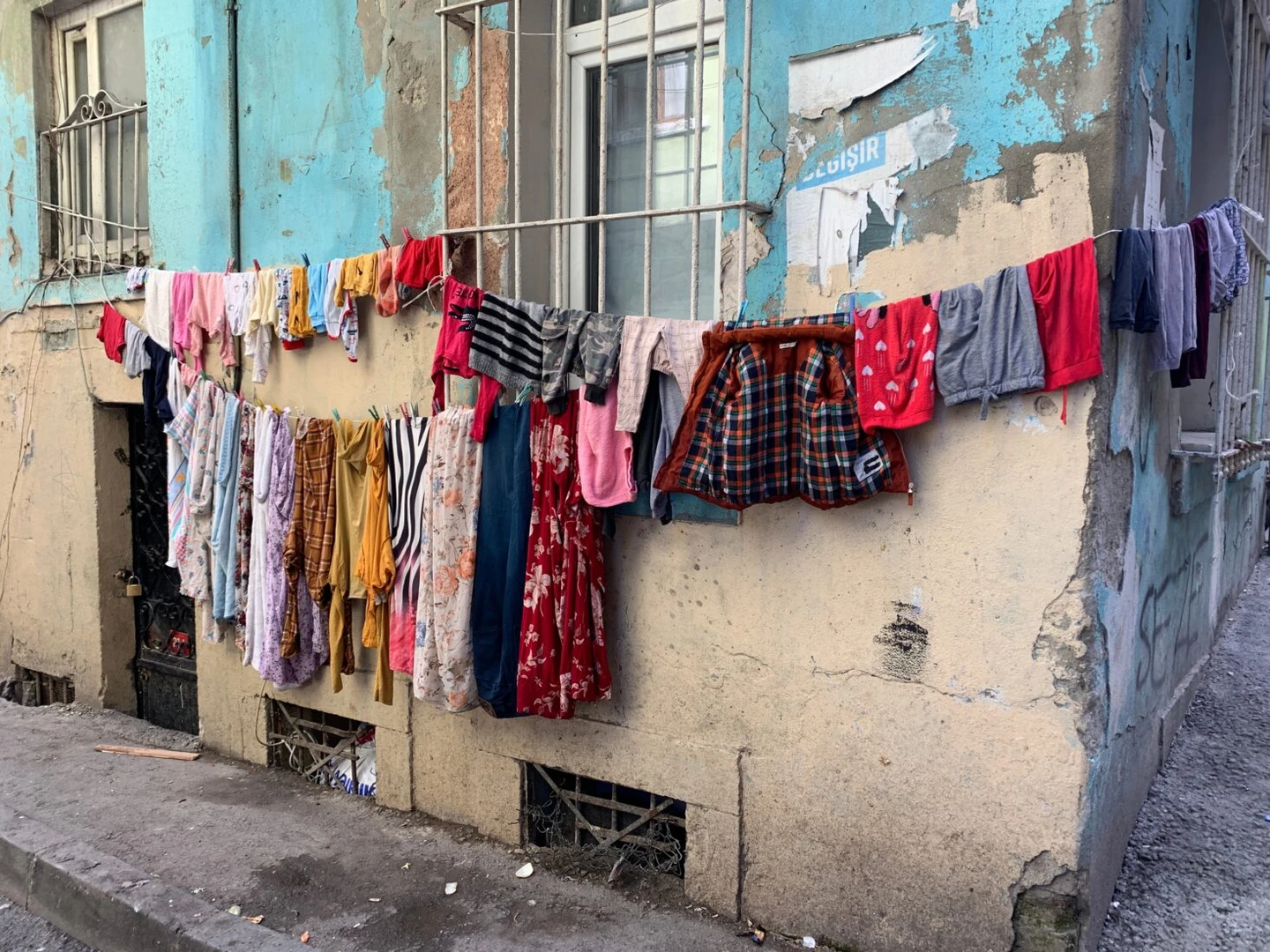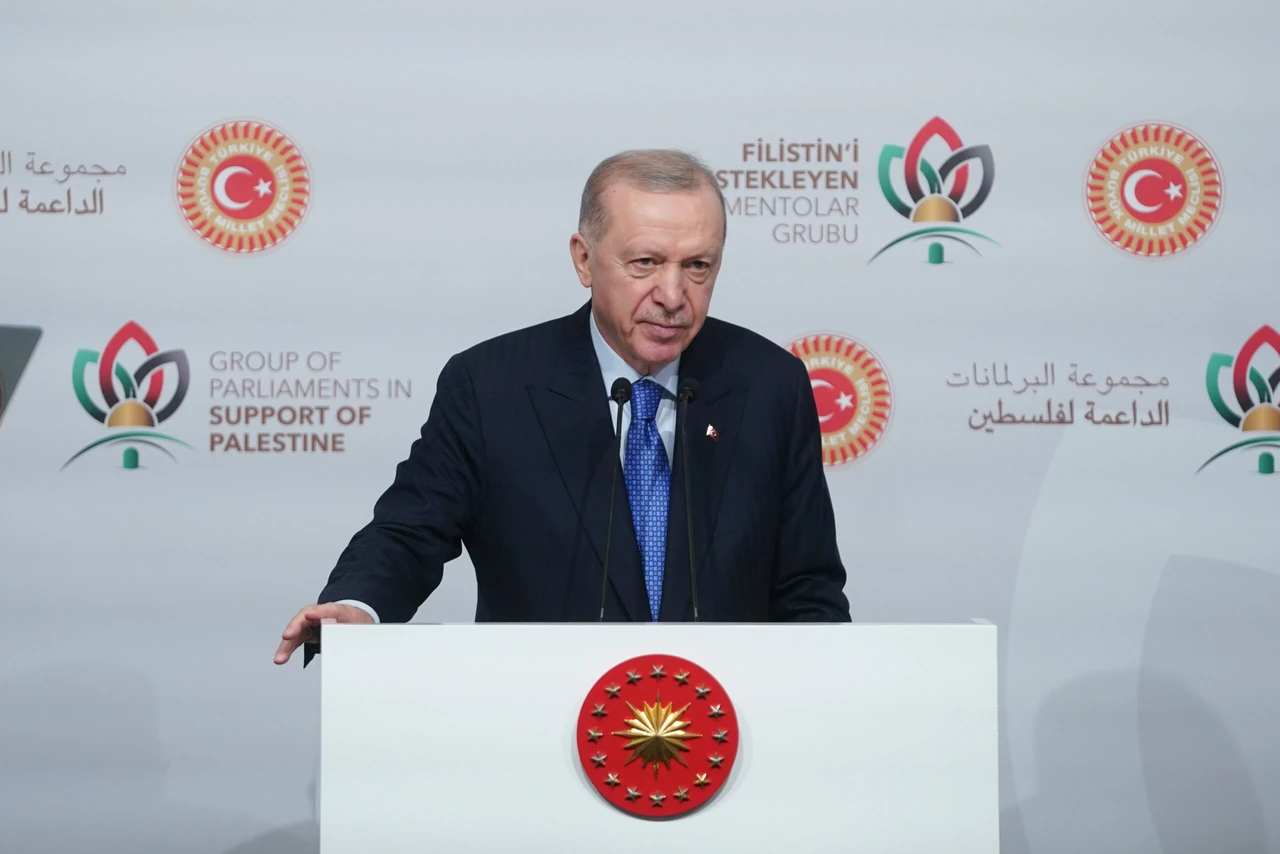Social assistance funding for Turks reaches alarming levels as poverty deepens
 People crowd a metrobus station, in Istanbul, Türkiye, Jan. 2, 2024. (AA Photo)
People crowd a metrobus station, in Istanbul, Türkiye, Jan. 2, 2024. (AA Photo)
Türkiye’s government spent a record ₺491.7 billion ($12.9 billion) on social assistance in 2024, marking a 61% increase from the previous year, according to data from the Ministry of Family and Social Services. The sharp rise in financial aid reflects the country’s growing struggle with poverty, inflation, and the high cost of living.
A total of 4.57 million households received some form of social assistance last year. Most of this support was delivered in cash, accounting for 96% of total aid. The majority—nearly 89%—was distributed as regular monthly payments to citizens in need.
The ministry also reported that 3.6 million households were classified as living in “extreme poverty” under the Türkiye Family Support Program, a national initiative aimed at supporting families who fall below the minimum living standard.
To alleviate the burden of essential expenses, the government extended electricity consumption support to over 4 million households who were otherwise unable to cover utility costs. Conditional education assistance was another key measure, reaching 1.74 million beneficiaries in 2024—provided on the condition that children in low-income families continued their formal schooling.
Health care access was also addressed through state-funded general health insurance (GSS) premiums for citizens without the means to pay. In 2024, the government covered premiums for 9.44 million individuals, with a total of ₺105.63 billion allocated to this support to safeguard the right to health care.

Meanwhile, over 272,000 children—whose families could not provide for even their most basic needs—were identified as being at risk of separation from their families. These children were supported under the Social and Economic Support Program, which provides targeted financial aid to help families care for their children in their own homes rather than resorting to institutional care.
Poverty in Türkiye mounts as living costs rise, driving demand for state support
Türkiye’s constitution defines the state as a “social state” responsible for protecting citizens from destitution, making such funding a constitutional obligation for the government and providing the primary basis for these assistance programs.
On the other hand, this surge in social assistance spending reflects the Turkish households’ worsened economic conditions, driven by high inflation, rising living costs, and stagnant wages. As basic needs such as food, housing, and energy become increasingly unaffordable for millions, more households are becoming dependent on government aid.
Labor union research and municipal data point to a growing gap between earnings and essential living expenses, particularly in major cities like Istanbul.

According to the Confederation of Turkish Trade Unions, the monthly food expenditure required for a family of four to meet a healthy and balanced diet—the hunger threshold—reached ₺23,615 in March 2025. When other essentials such as rent, utilities, and health care are included, the poverty threshold climbs to ₺76,922 per month.
In Istanbul, the average monthly cost of living for a four-person household rose to ₺87,485 in March, marking a 52% increase compared to the same month last year, the Istanbul Planning Agency reported. This amount is nearly four times the official minimum wage, which stands at ₺22,104.
Official data from the Turkish Statistical Institute (TurkStat) revealed that in 2024, 13.6% of the population lived in relative poverty, meaning their household income was below 50% of the national median, limiting their access to goods and services considered standard by society.
Meanwhile, 13.3% were categorized under severe material and social deprivation, a more critical condition that indicates individuals lack at least seven out of thirteen basic necessities, such as adequate heating, a protein-rich diet, access to transportation, or the ability to face unexpected expenses.
These indicators highlight not just income inequality but also the structural challenges facing low-income groups in meeting basic living standards. The figures suggest that a significant portion of the population is no longer able to meet essential needs without direct state intervention, putting immense pressure on Türkiye’s social protection system.



